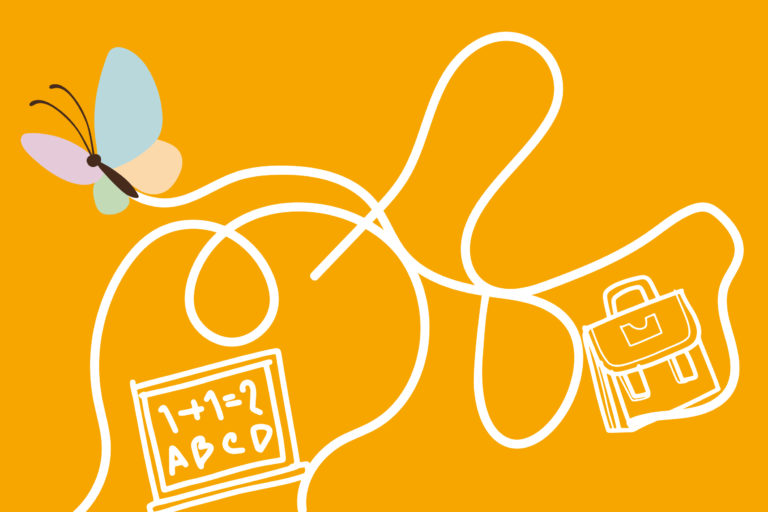A workshop for parents, students, or a mixed group of both, with the objective of training in peer-to-peer mentoring
(student-student-parent or parent-parent) in order to develop peer-to-peer counseling and support relationships
within the school community.
Those involved to:
- define the concepts of “mentor” and “mentoring relationship”,
- identify the necessity and importance of the role of the mentor for the inclusion of refugees in the school community,
- analyze all the parameters of the mentoring work according to their status,
- take on the work of the mentor or have a mentor take them on,
- coordinate a one-to-one support and mentoring program that works for everyone and can be coordinated
- by the group coordinator.
- identify the role of the mentor and the mentoring relationship,
- appreciate how necessary and functional the mentor’s activities are in the school community,
- demonstrate an active interest in supporting and advising mentors for their functional inclusion in the school community,
- have the responsibility to support and advise a peer-to-peer mentor or to be available to serve as a mentor if needed.
Steps
- The group sits in a circle and gets to know each other by saying their names and something that characterizes them: a favorite color, an occupation, something they like to do. The aim is to get to know each other, create a warm atmosphere and find common ground.
- The facilitator divides the participants into mixed groups and asks them to sit with their chairs in a circle or around a table. S/he offers them a card with the following discussion topic: What does it mean to have a mentor role? Discuss. Consider that the Mentor was Ulysses’ loyal fatherly friend in Homer’s Odyssey. He took on the role of supporter, guide and advisor to Ulysses’ young and weak son, Telemachus, during the years when Ulysses was taken away from his son for the war in Troy. Allows 20-25 minutes. Afterwards, ask one person to write up the group’s results and another person to take charge of presenting them. After the presentations are made, the trainer invites to further discussion:
- Which words from the Mentor’s elucidates his/her role?
- Is the mentor’s role voluntary or obligatory?
- The participants return to their groups and, based on the discussion, write down what the mentoring relationship might mean for someone who is new to the school (in this case, a refugee) and someone who is already part of the school community; or between parents who are new to the school (in this case, refugees’ parents) and those who are already familiar with the way it functions. Issues may be raised concerning language, communication, the length of time the newcomers wish to stay, and so on, but also their need or advice, support and guidance.
- The facilitator asks the groups to reflect on and record the skills and characteristics of the refugee mentor in the school community. On a flipchart or a large piece of paper, s/he draws an outline of a person and asks one participant from each group to write the results of the group into this outline. There is a discussion and reference to the characteristics of good communication, multilingualism, patience, perseverance, respect, reciprocity, mutual trust, solidarity, readiness, friendliness, etc. The trainer asks the participants who they feel can act as a mentor for refugee children or parents.
- The facilitator refers in detail to the mentor’s responsibilities or shows them in a presentation. It is important to set up a joint meeting or communication between the two parties to discuss a refugee’s needs regarding school community procedures. It is also crucial to understand that mentoring is about inclusion and about addressing issues that a child or parent may be aware of. Therefore, the mentor should know who to refer to when s/he does not know how to resolve the issue. The coordinator makes sure that the pairs are formed (it is preferable that the students can sit at the same desk) and that all the people involved are regularly informed about the progress of the project. S/he acts as a mentor to the mentors. It would be great to have established a coordinating group of mentor teachers. The workshop concludes with a reference to the regular evaluation of the program: mentor diary, regular meetings.
Evaluation
Exit form from the workshop.
Reflective diary of mentors with event reports.
Regular meeting of the coordinator with the mentor team and the whole team.

Duration: 180 minutes
Materials:
- Computer
- projector
- powerPoint presentation
- markers
- card-worksheet
- flipchart paper or roll of paper.





